📧 Corporate Email: Who Besides Google?
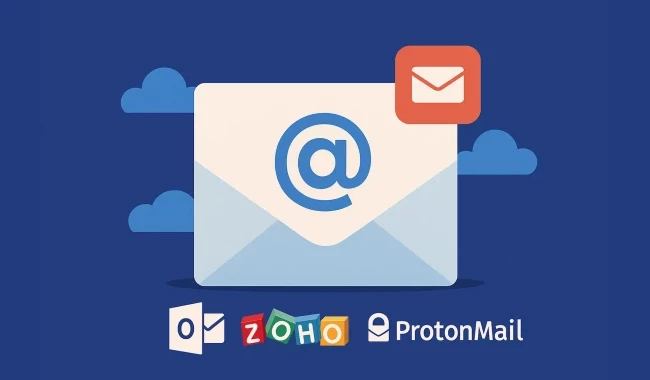
Corporate email is an essential tool for any business, especially in the competitive U.S. market. While Google Workspace remains a popular option, there are many viable alternatives that can meet the diverse needs of modern companies.
📨 Alternatives to Google Workspace for Business Email in the U.S.
1. Microsoft 365 (Exchange Online)
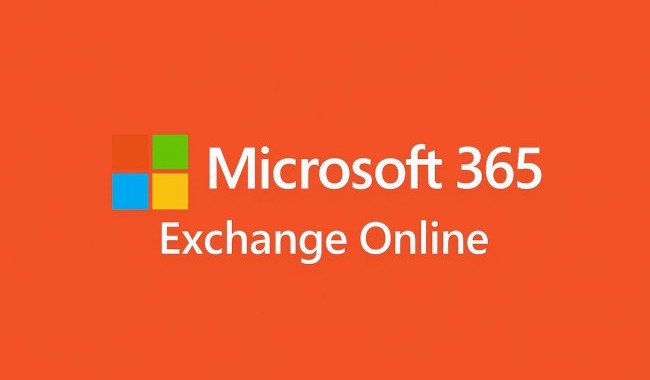
Pros:
-
Deep integration with Microsoft Office apps (Word, Excel, PowerPoint).
-
Reliable Exchange email service with calendars, contacts, and task support.
-
Strong security and compliance with HIPAA, GDPR, and other standards.
-
1 TB of OneDrive cloud storage per user.
-
Microsoft Teams included for communication and collaboration.
Cons:
-
Higher cost compared to some alternatives.
-
Complex setup and administration for smaller companies.
2. Zoho Mail
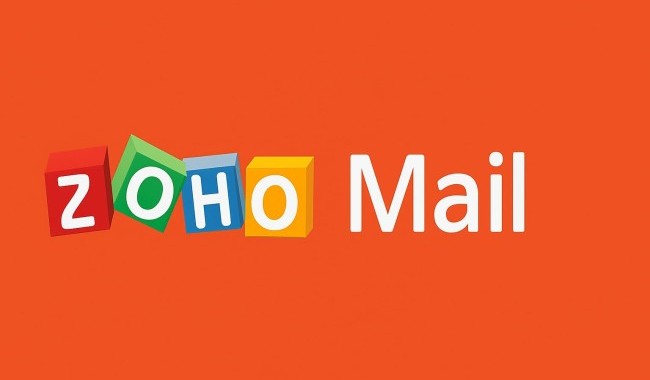
Pros:
-
Affordable pricing, including a free plan for small teams.
-
Integration with other Zoho products (CRM, Projects, etc.).
-
No ads, even in the free plan.
-
Supports IMAP/POP and mobile apps.
Cons:
-
Limited storage in the free plan.
-
Smaller ecosystem compared to Google or Microsoft.
3. ProtonMail
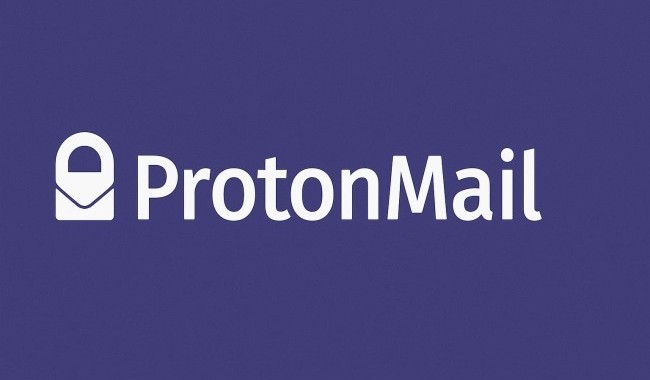
Pros:
-
End-to-end encryption and a strong focus on privacy.
-
Servers located in Switzerland with strict data protection laws.
-
Open-source and transparent privacy policy.
Cons:
-
Limited features in the free plan.
-
POP/IMAP support not available in basic tier.
-
Fewer third-party integrations.
4. Mailfence
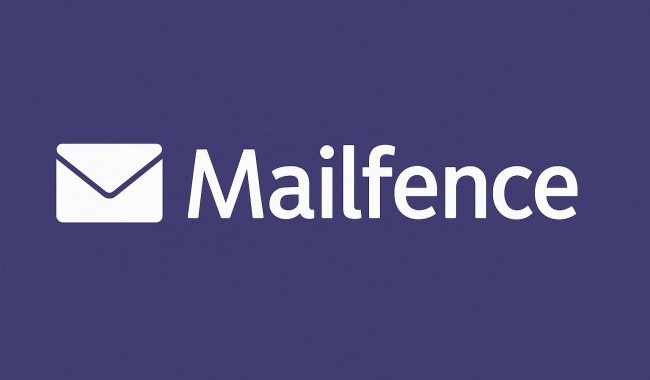
Pros:
-
OpenPGP encryption and digital signing for emails.
-
Servers based in Belgium for enhanced privacy.
-
Includes calendars, contacts, and document management.
-
Compatible with POP3, SMTP, IMAP, and ActiveSync.
Cons:
-
Many features require a paid subscription.
-
Smaller ecosystem and fewer business-focused integrations.
5. Zimbra
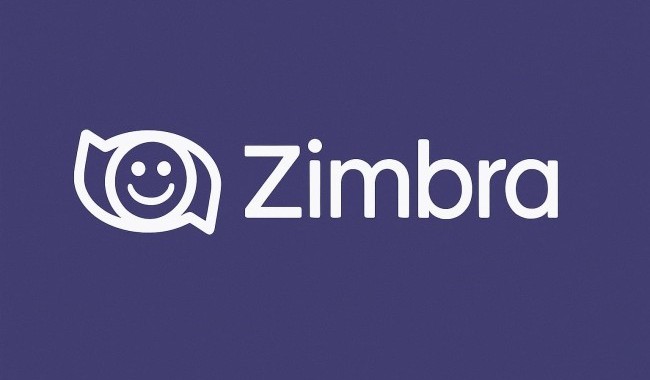
Pros:
-
Open-source solution with self-hosting options.
-
Includes email, calendars, contacts, and tasks.
-
Integrates with Outlook, Apple Mail, and other clients.
-
Mobile-friendly with data synchronization support.
Cons:
-
Requires technical expertise to install and maintain.
-
Less user-friendly interface compared to mainstream providers.
🔍 Final Thoughts
Choosing the right business email provider depends on your company’s specific needs, budget, and security requirements.
-
If you're already using Microsoft tools, Microsoft 365 is a logical and seamless choice.
-
Small teams may benefit from Zoho Mail’s affordability.
-
Privacy-focused organizations will appreciate ProtonMail or Mailfence.
-
Those who prefer full control and self-hosting options should look into Zimbra.
No matter your choice, investing in a reliable corporate email solution is key to professional communication and data security.
Let me know if you'd like this version formatted for your blog or converted into HTML.